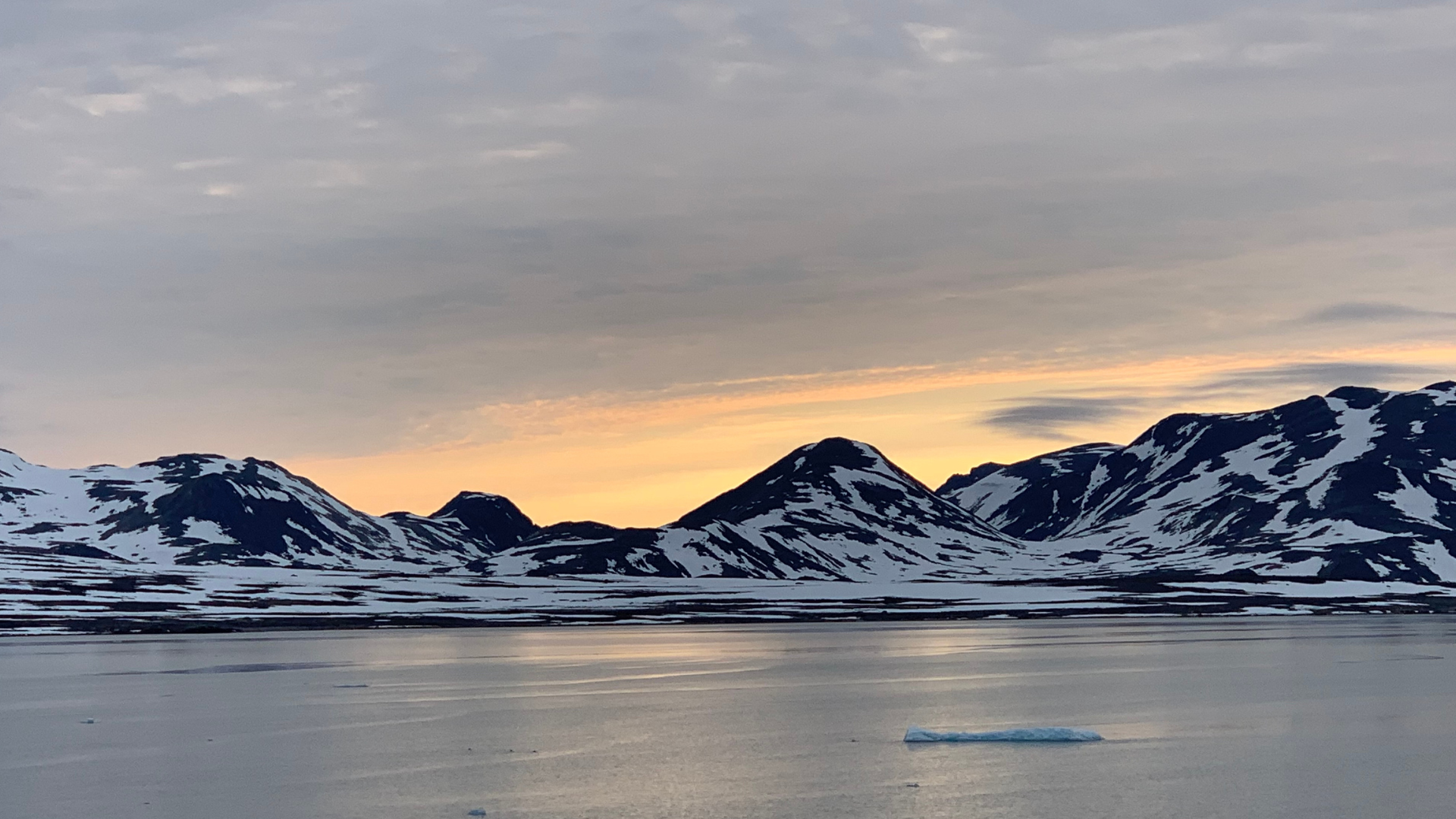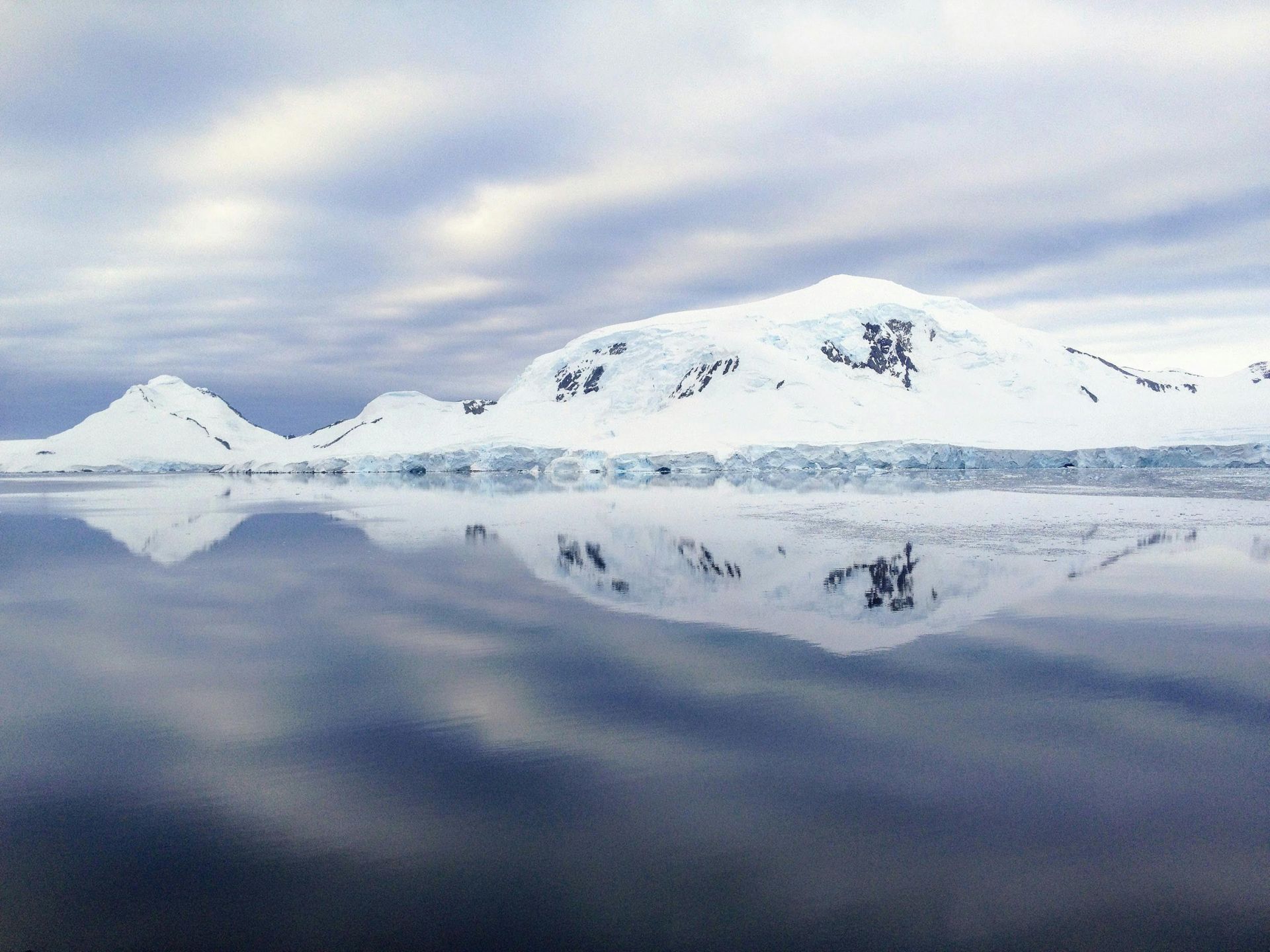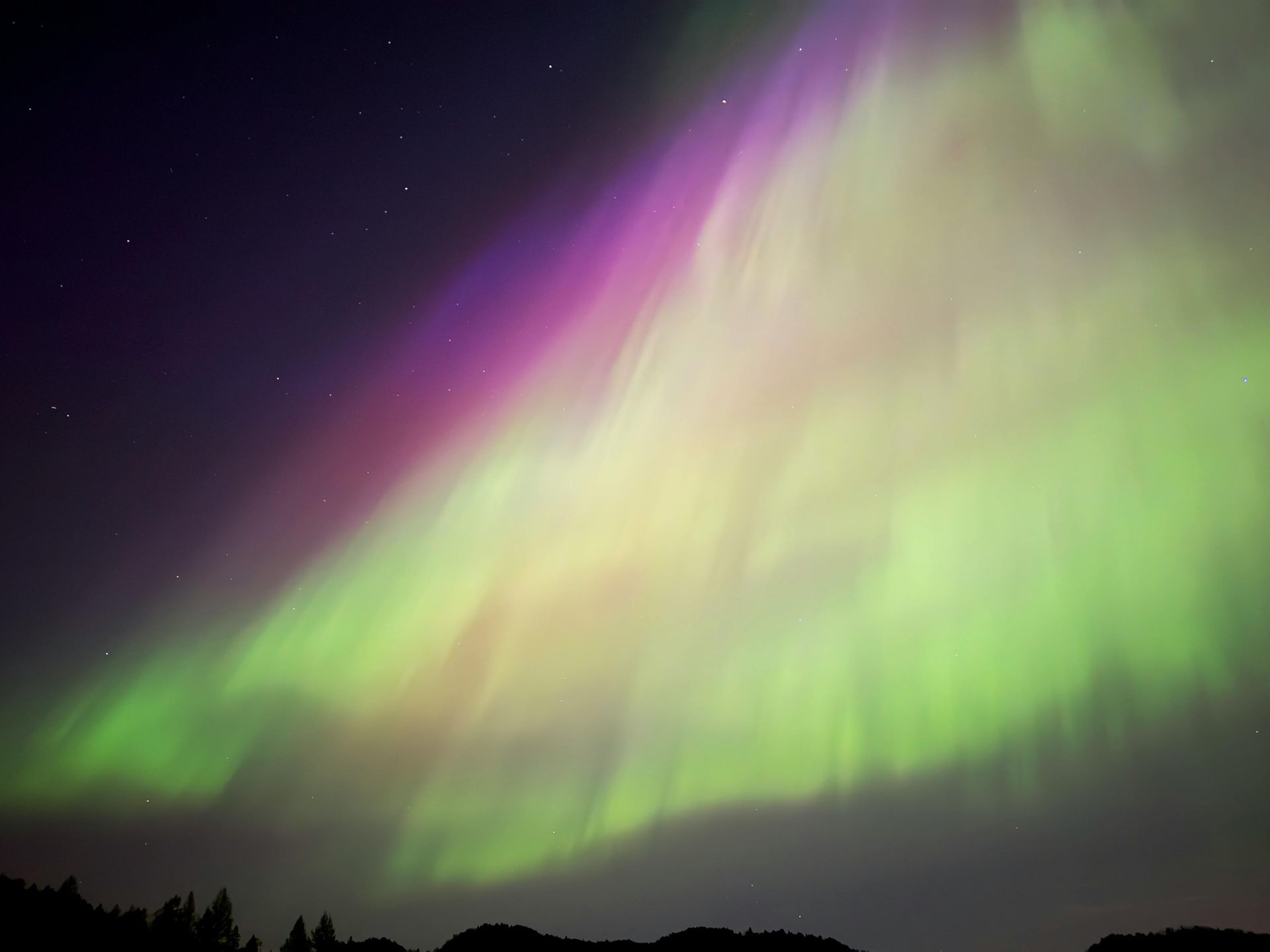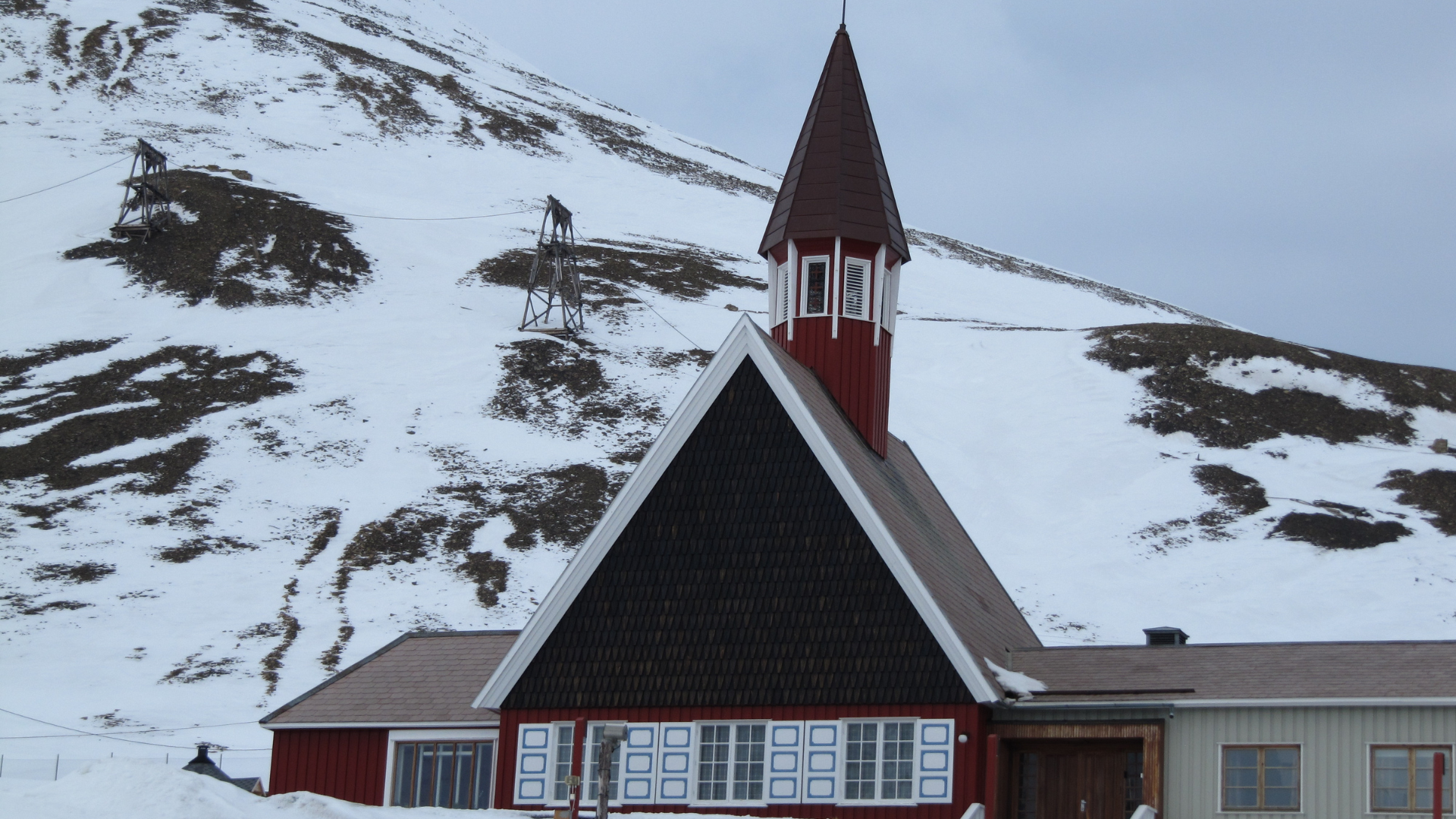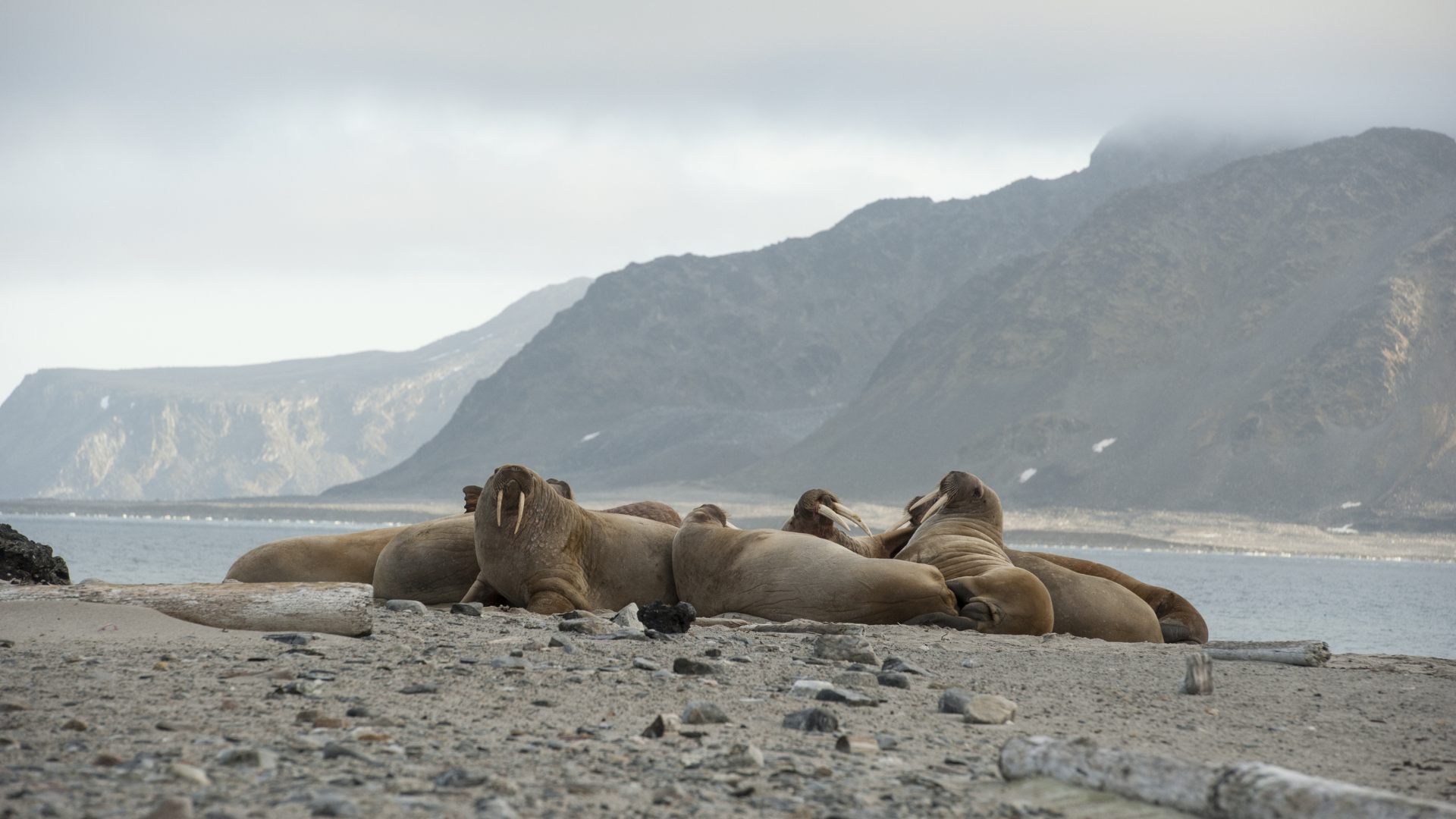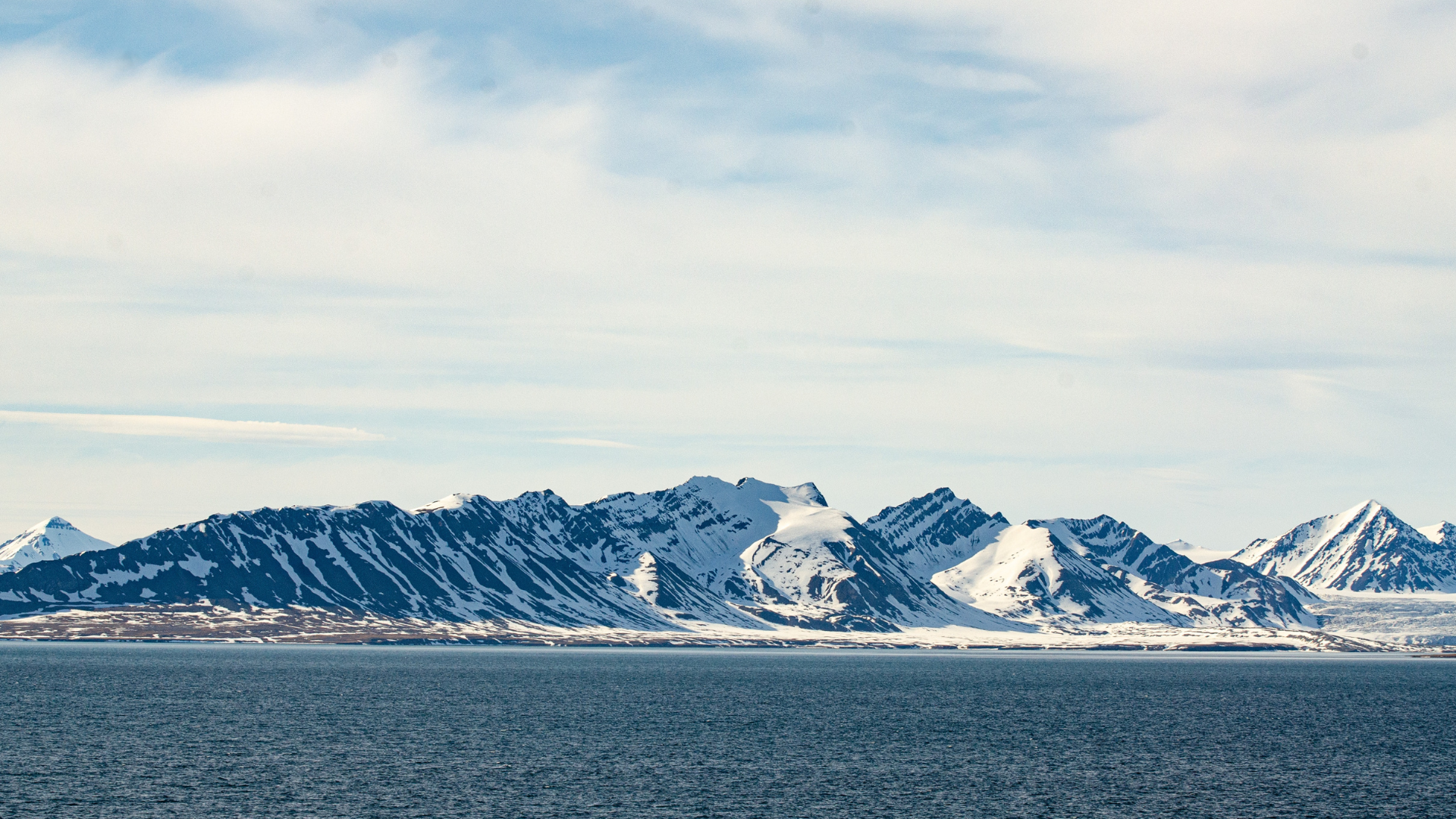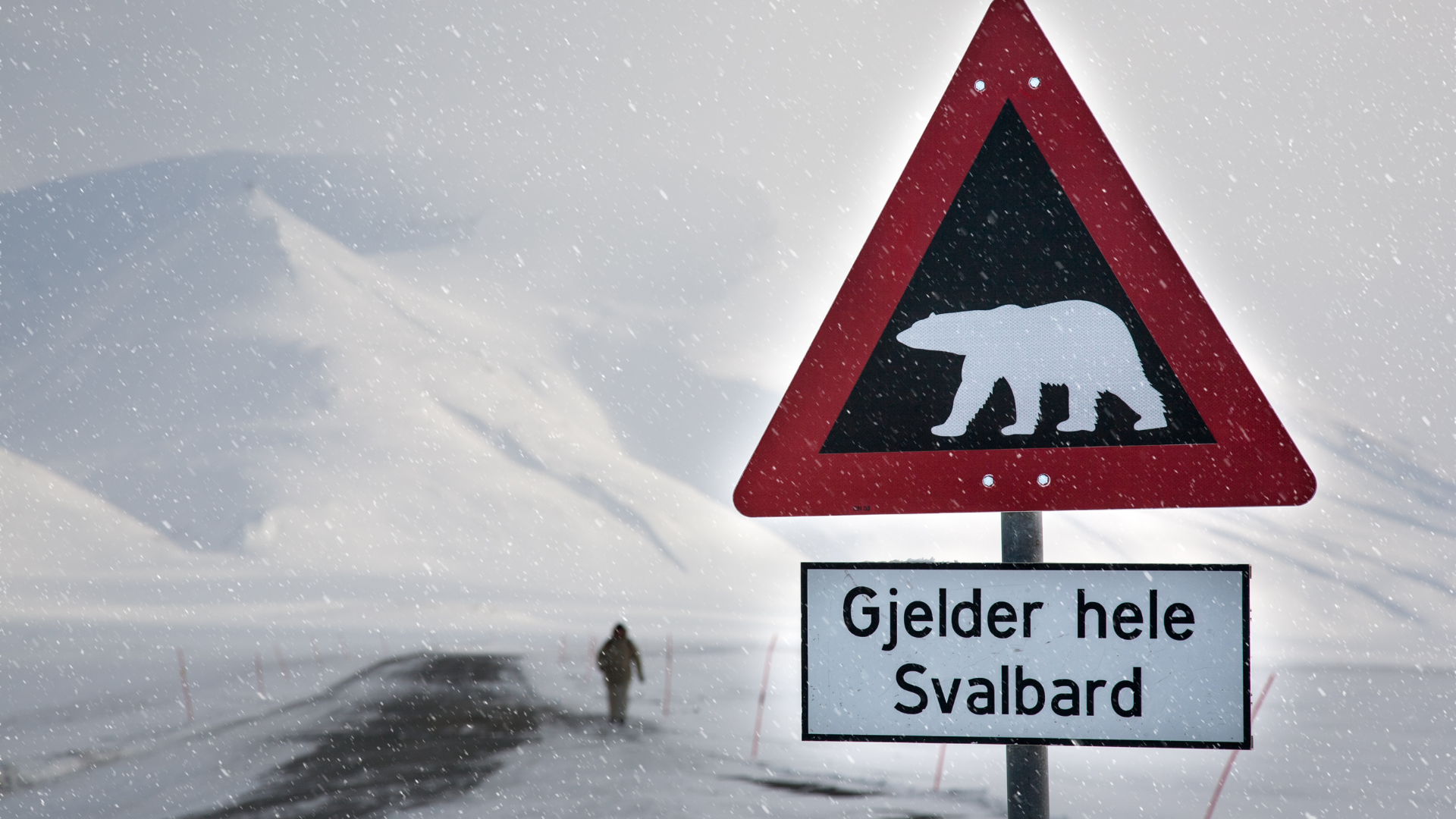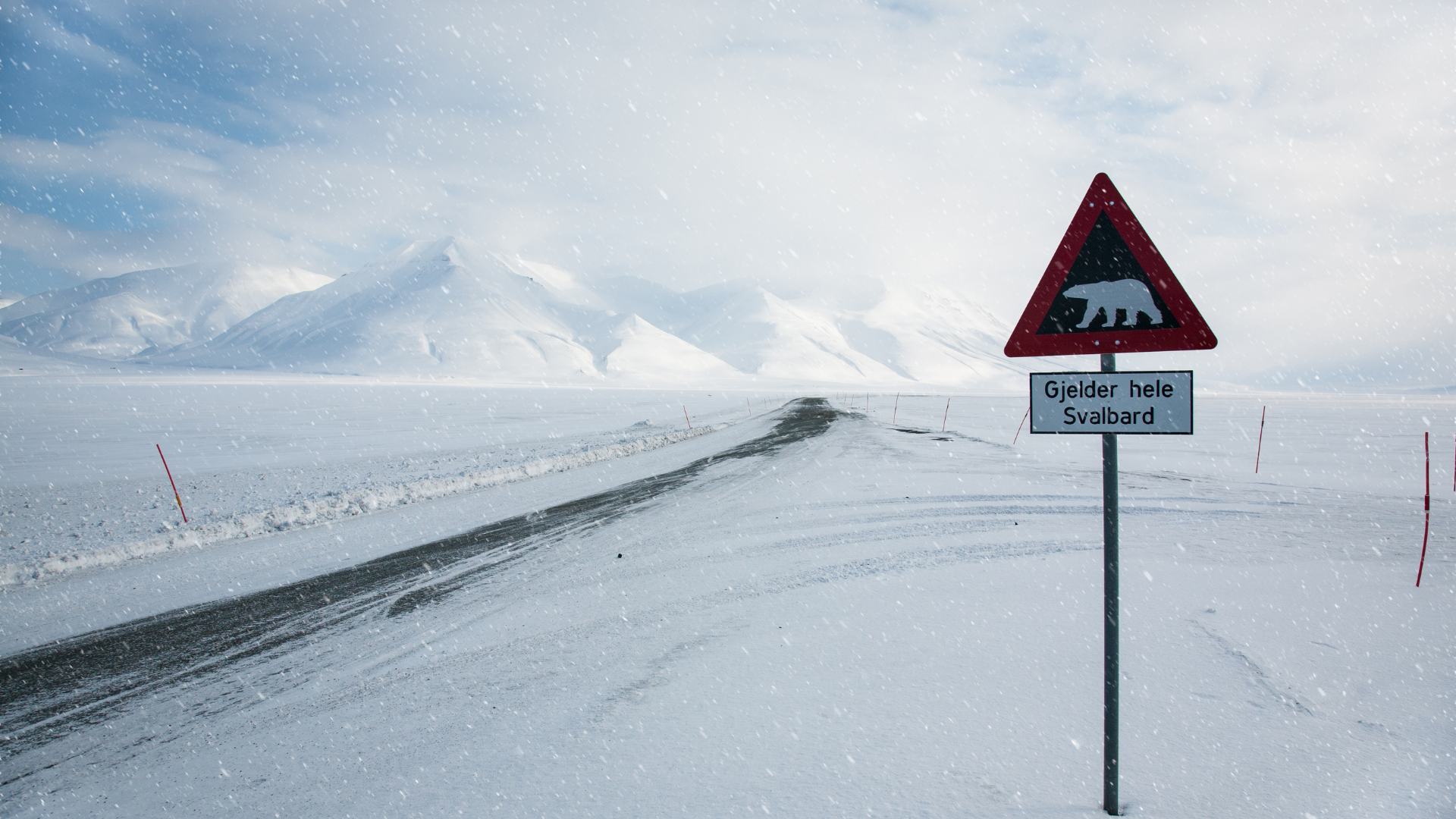Svalbard for Photographers: Capturing the Arctic’s Raw Beauty
Svalbard for Photographers: Capturing the Arctic’s Raw Beauty
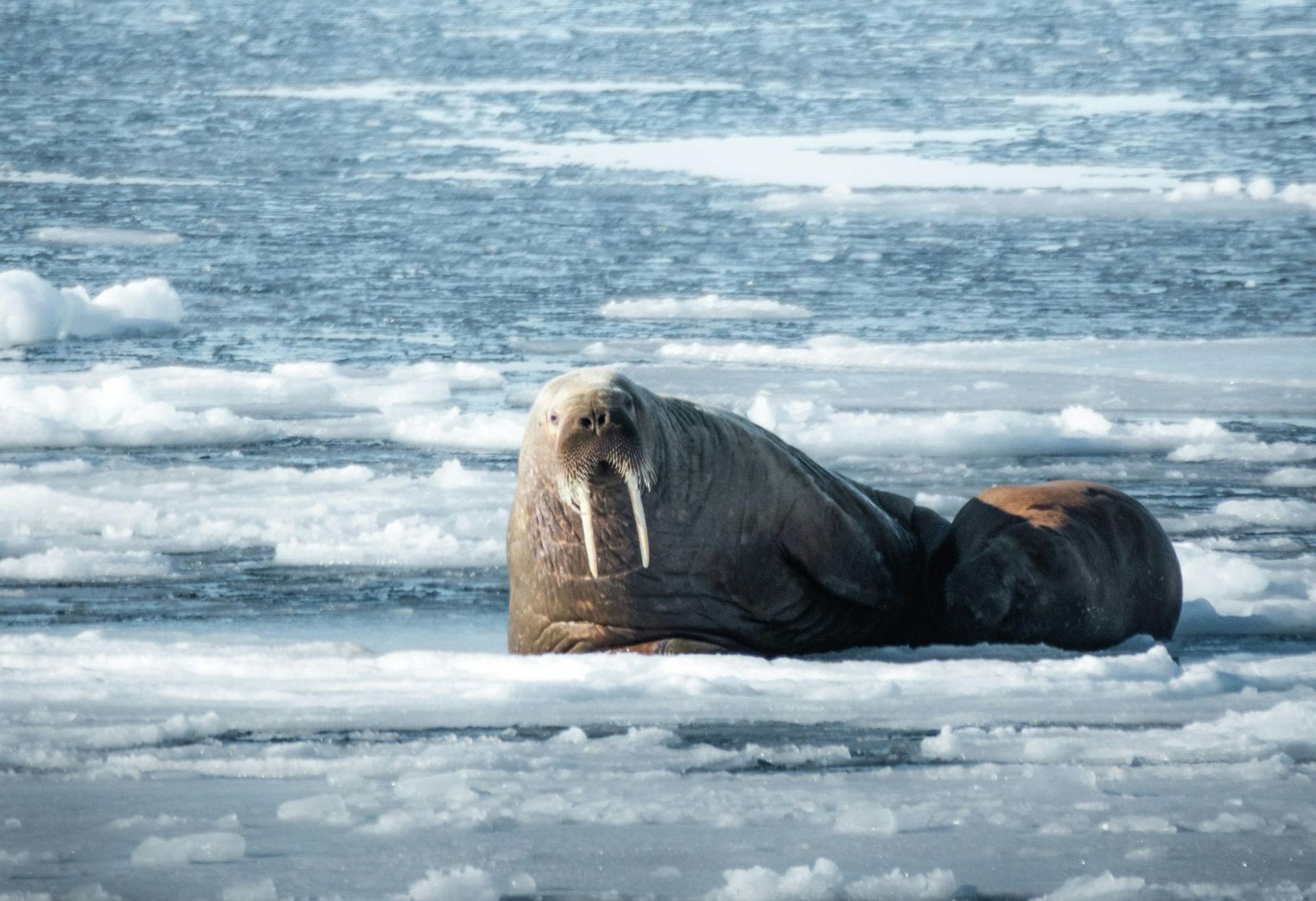
Svalbard for Photographers: Capturing the Arctic’s Raw Beauty
Svalbard is a dream destination for photographers seeking raw, untouched Arctic landscapes. With its glaciers, polar bears, fjords, and surreal light conditions, the archipelago offers some of the most compelling visual experiences on Earth. Whether you're a seasoned wildlife photographer or an enthusiastic hobbyist, this is one of the world’s most rewarding places to shoot.
Light Is Everything
One of Svalbard’s biggest gifts to photographers is its light. From
the deep blues of the Polar Night (November to mid-February) to
the golden hue of the Midnight Sun (mid-April to mid-August), the Arctic light transforms landscapes into cinematic scenes. Twilight can last for hours, giving your shoots a soft, continuous glow perfect for both portraits and sweeping landscapes.
The best months for golden light photography are March, April, and September.
Wildlife Through the Lens
Svalbard is home to
some of the most photogenic wildlife in the world, from
polar bears and walruses to Arctic foxes and Svalbard reindeer. Photographing polar bears requires either a long lens and patience or joining a specialized guided tour. Wildlife viewing is best
May through August, when the sea ice recedes and animals are more visible along the coasts. Always photograph responsibly—never approach animals or leave designated routes.
Essential Gear
A DSLR or mirrorless camera with
weather sealing is recommended, as conditions can be humid, cold, or windy. A
telephoto lens (400mm or more) is essential for wildlife, while
wide-angle lenses (16-35mm) are perfect for glaciers and landscapes. Don’t forget
extra batteries, as cold weather drains power quickly.
Tripods are useful for low-light and Northern Lights photography, especially between
October and March.
Drones and Permits
Drone use is
strictly regulated. You must have
permission from the Civil Aviation Authority and avoid protected areas, especially near nesting birds or wildlife.
No-fly zones include much of Longyearbyen and Ny-Ålesund. For aerial shots, consider joining a boat or snowmobile tour to get creative compositions without relying on drones.
Northern Lights Opportunities
Between
October and February, Svalbard offers some of the most dramatic aurora backdrops imaginable. What sets it apart is that during the
Polar Night, the sky stays dark 24/7, so you’re not limited to shooting only at night. The ethereal green and purple swirls over glaciers or silhouetted mountain peaks make for unforgettable compositions. Bring a fast lens (f/2.8 or faster) and a remote shutter.
Respect Nature and Leave No Trace
Always follow environmental guidelines. Don’t use bait or approach wildlife for a better shot. In some areas, stepping off trails or disturbing moss and bird nests is illegal. Svalbard’s fragile ecosystem is part of what makes it so visually special—photograph it, but don’t alter it.
Why It’s Worth the Trip
Photography in Svalbard is not only about what you shoot—it’s about how it feels. The stillness, the space, and the surreal colors are impossible to replicate anywhere else. Whether you're capturing a lone seal on the ice, the textures of a glacier wall, or the Northern Lights dancing above a husky sled,
Svalbard transforms photography into a personal Arctic story—one frame at a time.


